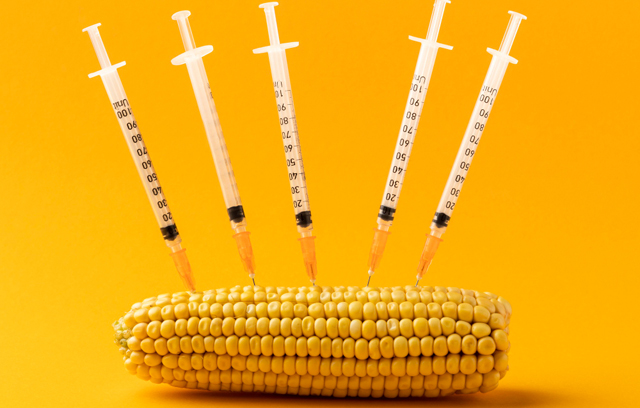Source: Zol.ru (Russia)
A recent change in the rules for importing genetically modified (GM) corn into the European Union has opened up huge opportunities for American agricultural exporters. In 2025, the EU approved three new GM corn varieties for use in food and feed, marking a departure from its historically cautious stance on GMOs. This decision, based on scientific safety assessments and supply chain pressures, has made Spain a key hub for US corn exports. For investors, the combination of factors such as changes in EU policy, stricter requirements for European feed grain markets, and Spain’s dependence on US corn is a compelling argument for long-term investment in US agricultural exporters.
EU policy on GMOs: a pragmatic shift with global implications
The EU’s approval of genetically modified corn imports in 2025 reflects a pragmatic approach to revising the regulatory framework. Although the EU remains opposed to the cultivation of genetically modified crops within the EU (with the rare exception of MON810 corn in Spain), the authorization to import three new varieties of genetically modified corn underscores the recognition of global agricultural realities. These authorizations, valid for ten years, impose strict labeling and traceability requirements, but remove a major obstacle for US corn producers, who supply more than 90% of their corn as genetically modified.
This shift is consistent with broader trends: the EU’s reliance on science-based assessments, the growing acceptance of genetically modified crops in global trade, and the need to ensure food security in the face of climate challenges. For Spain, which imports 14-16 million tons of grain annually for animal feed, the policy change means continued access to US corn at competitive prices. Spain’s livestock sector, especially pig farming, is heavily dependent on feed grain imports, making it a strategic market for US exporters.

